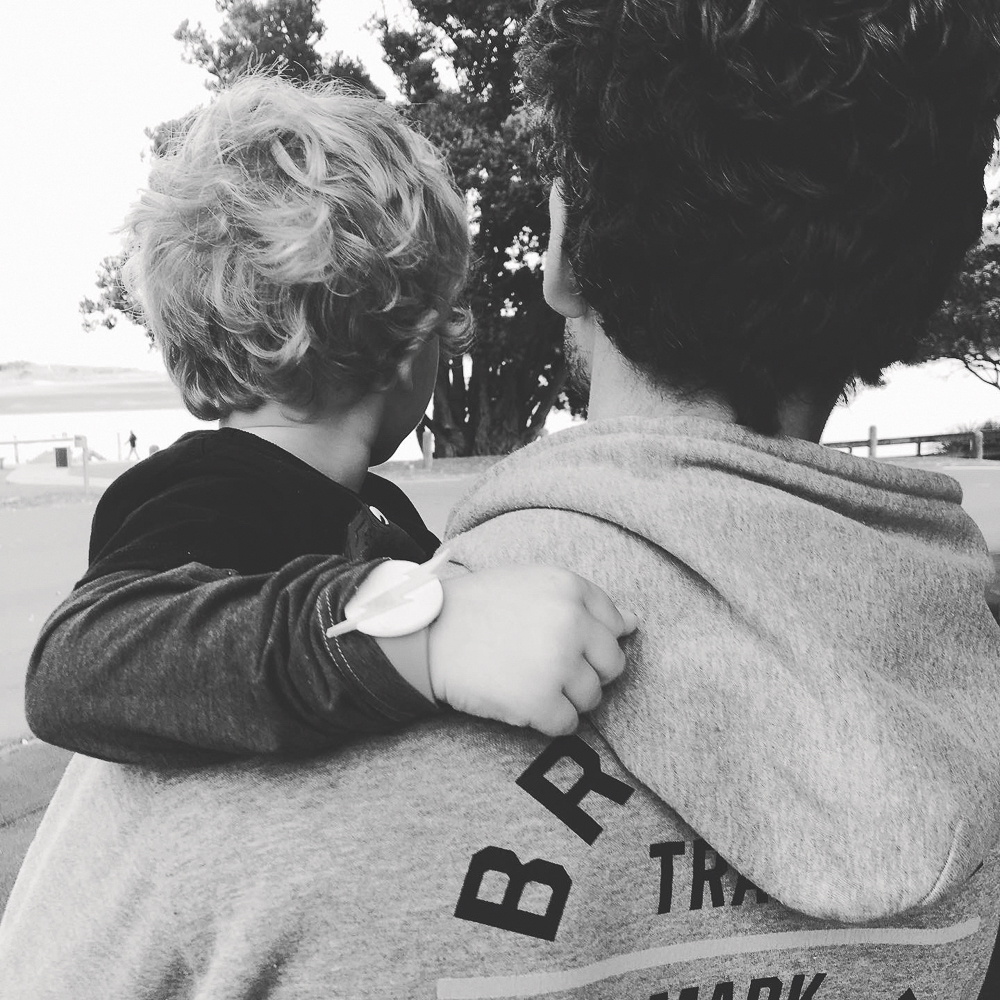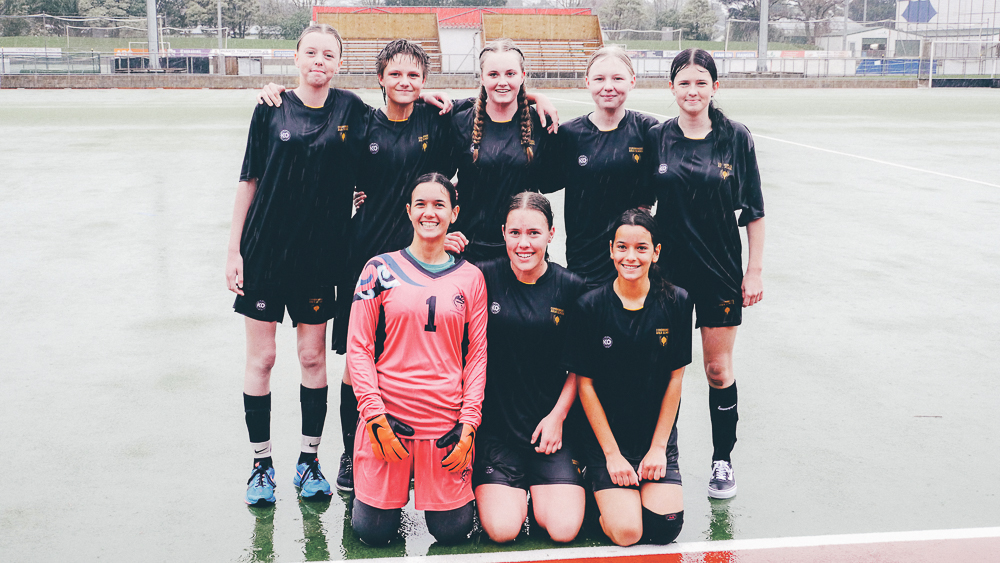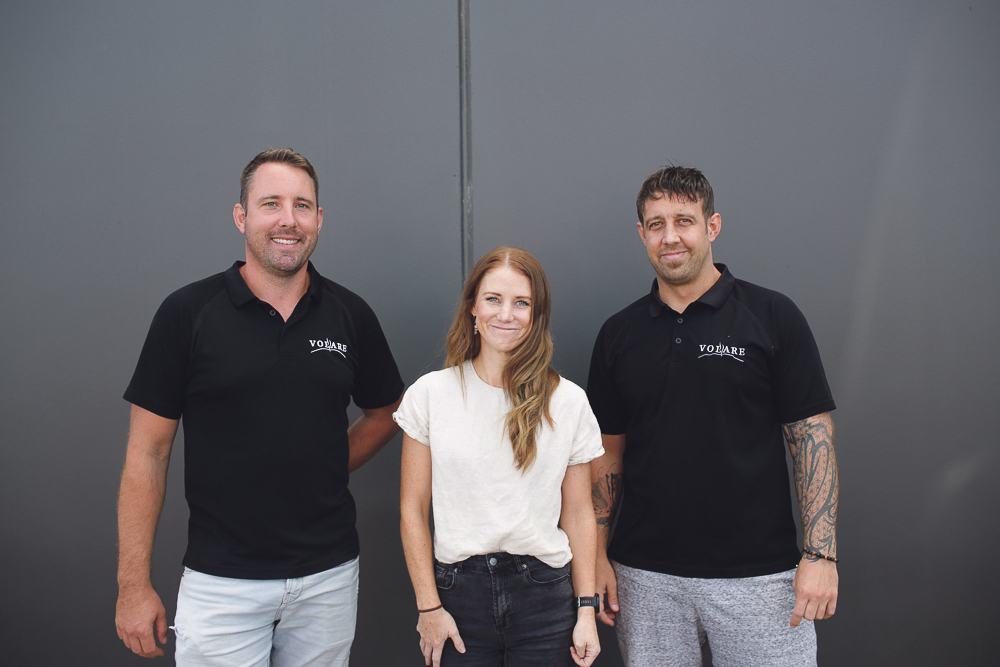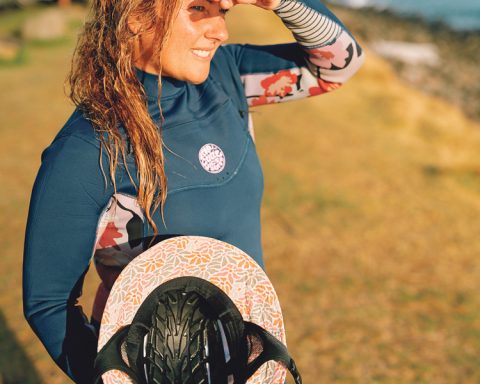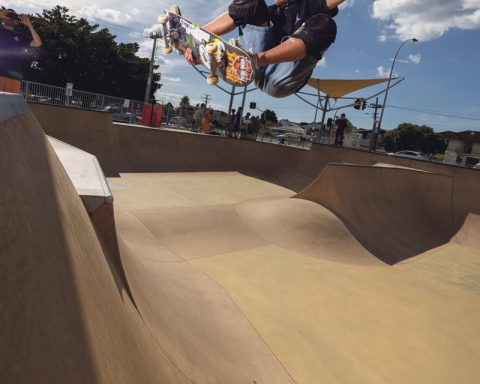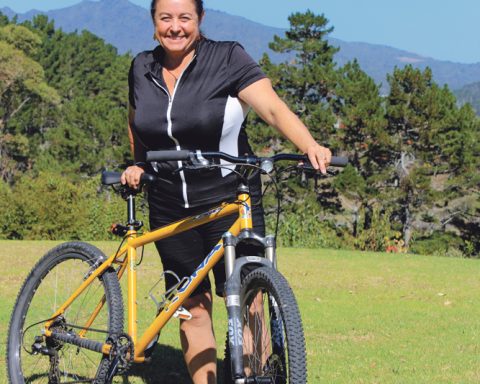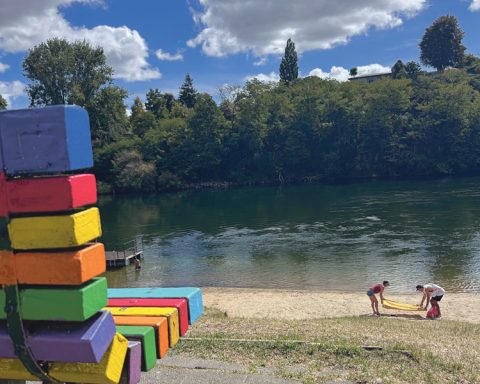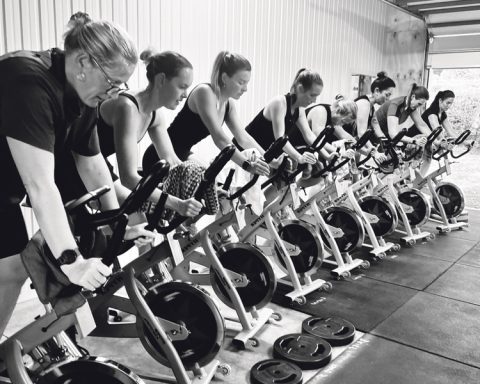There are men wandering around Raglan with babies strapped to their chests – have you seen them?
To all those men, I salute you! There are men in the supermarket deciding whether it’s a pasta or toast night. There are men waiting in the car outside the office so that mum can dive out of work and breastfeed. There are men at the school gates, men at the dance lesson, men walking around town with kids hanging off them. There are men making dinner and men fixing cars and men decorating Christmas trees and baking birthday cakes. Hi guys.
I have become interested in this new paradigm, the cultural shift, an existence that previous generations dreamt of. We are living in the reality of those dreams, and our generation is testing these theories of ‘equality’. Don’t think I am completely delusional, of course we aren’t quite there yet, however, this article is an appreciation story for all those giving it a chance. I asked a number of Raglan parents some questions about their family life, and perhaps during this read you will also think about how this reverberates in your world.
I asked people if they were parenting like they were parented? Or if they felt they were parenting differently?
A Raglan mum answered, “Definitely my dad played a huge hands-on positive role in my childhood…maybe I married one like my dad?! My partner has taken on even stakes in the parenting role. Nothing is assumed to be my role. Even in the baby years he was up changing nappies after I did the feeds. He is a bit of a feminist”.
Raglan dad of three replied, “My parenting is different, less strict and less religious, but I find that I do copy many traits.”
A Raglan dad said, “I believe that the change in society’s mentality is that women are empowered to follow their careers and it has encouraged men to take on more active roles as parents. The change of approach has clearly changed (in my point of view) in 3 generations.”
I agree with this, as I also identify with this change across three generations in my own family. It also makes me think about what we are doing to provide for the future generations. The pay-gap needs to be crushed for starters, and perhaps a few other things while we are there. Paternity leave is finally starting to materialise (albeit slowly) around the globe, and ditching ‘gender’ as a social construct is a great idea. Even within heterosexual relationships perhaps the ‘mum & dad’ show is phasing out? Perhaps all we need to consider is family, and feelings.
Rural Raglan mum answered, “I think I am parenting quite similarly to my parents. My olds had a style of parenting where they gave us a lot of freedom but definitely felt you wouldn’t want to disappoint them”.
Another question I gave was a prompt for participants to reminisce about how their fathers fathered, both emotionally and practically.
A Raglan dad of three replied to my questions saying, “My parenting is different to my parents’ parenting because of my wife’s influence. Our parenting has evolved as we both learn. My mother was the emotional go-to and my father was the practical go-to, I never saw my father change any nappies, do much cooking, cleaning, housework etc. But I do remember seeing him doing the “male” tasks e.g. fixing things, rubbish, mowing lawns and building things. Our family schedule is less bipolar than my upbringing”.
I spoke with a Raglan dad of two, “My dad is an excellent dad. He always supported me emotionally, and showed a lot of love when I was young. However he never changed a nappy, cooked a meal, or put us to bed. But this is beacause having a nanny and cleaner where I grew up was cheap. My mother did a lot of the work around us despite there being a person to help.”
Rural Raglan mum answered, “Dad did cook quite a bit (very 80’s meat and 3 vege) and changed nappies, think it was just a case of being so busy that both had to do their part. I definitely think my husband has changed more nappies than my dad did though!”
Parenting may seem like an innate, biological realm, but it is my belief that it is an incredibly political landscape hugely influenced by culture and status quo. There are many reasons for the rise in active parenting amongst dads. I asked some locals to provide their ideas as to why this has happened in our generation. I probed into people’s private lives and asked about intricacies of home schedules such as bin-day, bath-time, shopping, dinners, and asked particiapnts to shed light on the truths of this task-based element of relationships.
Raglan surf mum said, “The kids default was to yell “mum”, but during the first lockdown there was this amazing change where I went to work as an essential worker and dad stayed home with the kids and by the end of that period there was a role reversal and they would instinctively say “dad” first. It was wild and a bit of a challenge for me but also really beautiful”.
A Raglan mum answered, “I’m better at organising what we need for school lunches and always know what we need in the cupboard, so maybe some things are automated to me, but I would say not much; we always endeavour to be equal parts and equal rest-time”.
Raglan surf dad said, “As a parent myself I support the day to day life thoroughly. Look after the kids and the house (cook, bath, bed, wash, clean, fold) as does my partner and mother of my children. I do the bulk shopping and she shops the random things that are eventually needed. We share the tasks as much as possible to allow each other to grow.”
Raglan surf mum answered, “I gravitate to inside mahi while dad does the lawns and rubbish. There are no hard and fast rules though and we both do it all.”
Raglan dad of three said, “Talking with male friends I see that this is the current trend, and I would think that it is because of dual incomes and a more diverse social culture”.
Raglan East mum said, “We have a whole family values thing”.
Raglan surf mum added, “Traditional gender norms see dads going off to work 9-5 and mums being more flexible with their working hours hence being the primary caregiver. It would be beautiful to change that up”.
Reflecting with our partners (and the generations above and below us) about what we are doing, who is doing it, and how these things make us feel can help navigate this territory. We might not be able to source the answer we are looking for from the older generation, because they might not understand. But our generation can become translators for our children. It is the hard stuff that helps us grow as individuals, such as standing by the sink until the last glass is cleaned, or putting air in the tyres, or making a meal for the family. As a community however, we can support each other. We can appreciate that many dads didn’t get this type of modelling from their fathers. My father didn’t change a nappy, and he certainly didn’t carry us around in a front-pack. But my theory is that he would have been great at baby-wearing, if only he had had the chance to try, if only he had thought it was ‘okay’ to do that.
Of course, as is evident from this article, many people did have equality modelled in their childhoods – they are the lucky ones as they might feel more accustomed to the role of ‘21st Century Dad’. Hug your sons, hug your daughters, hold them tight, whoever you are – and do the dishes.
@k_lowes_writes
